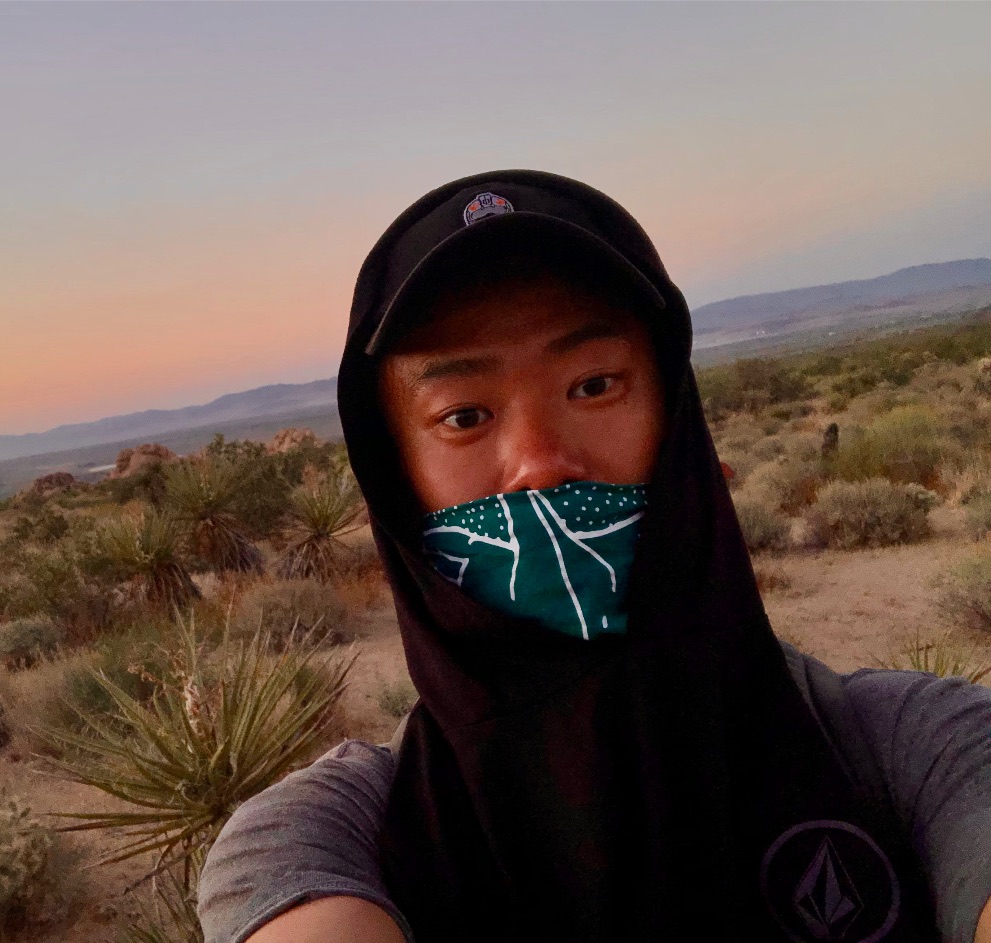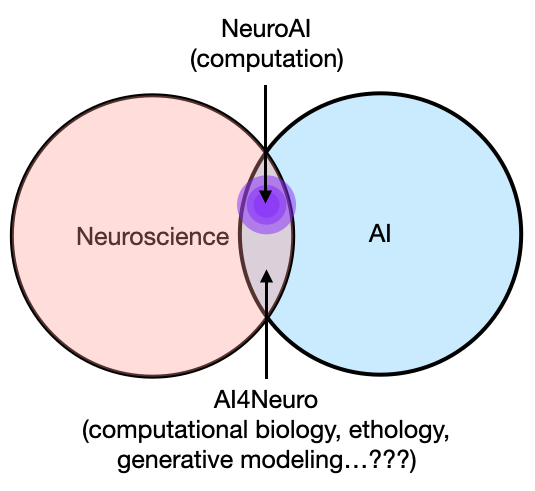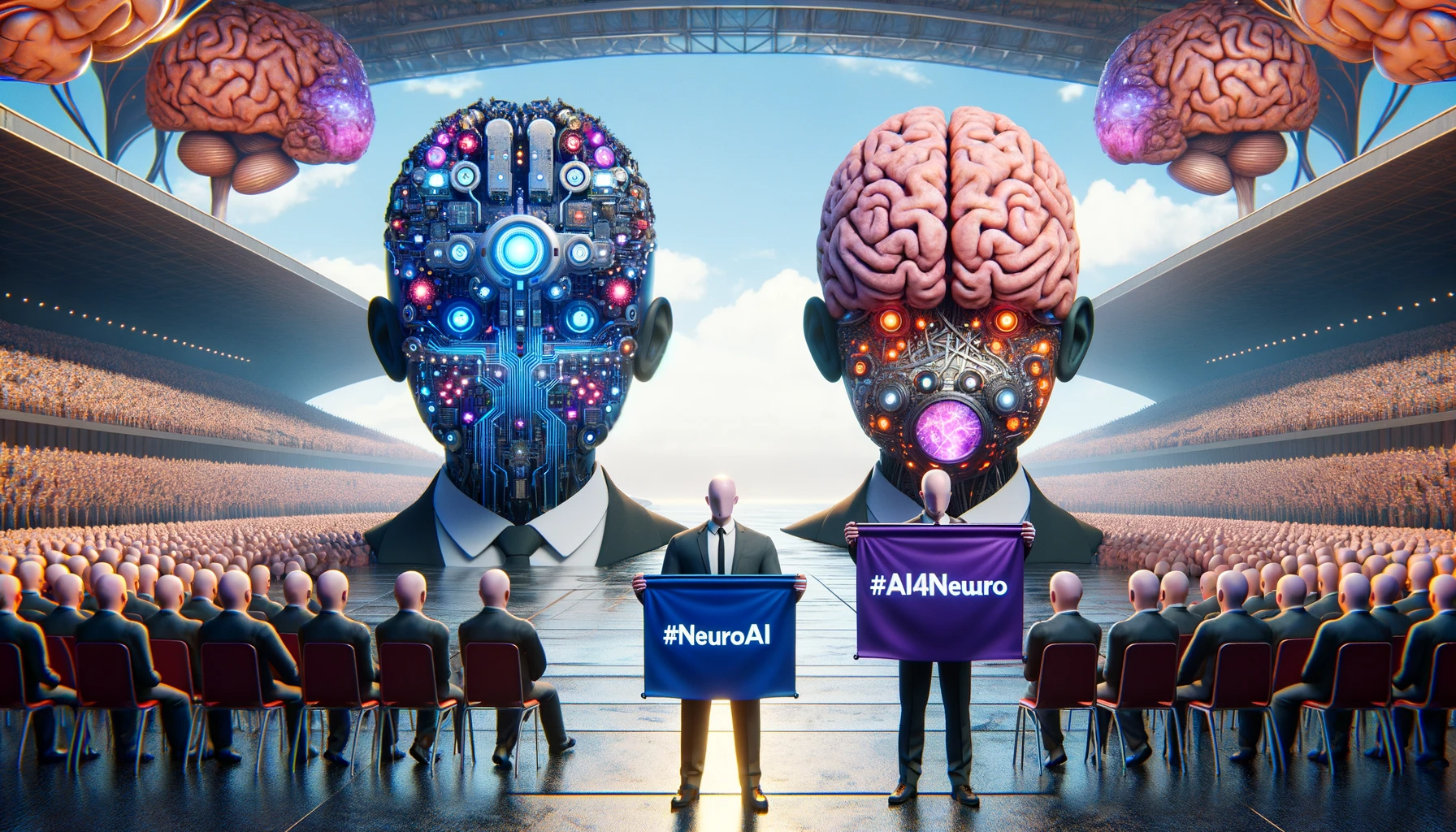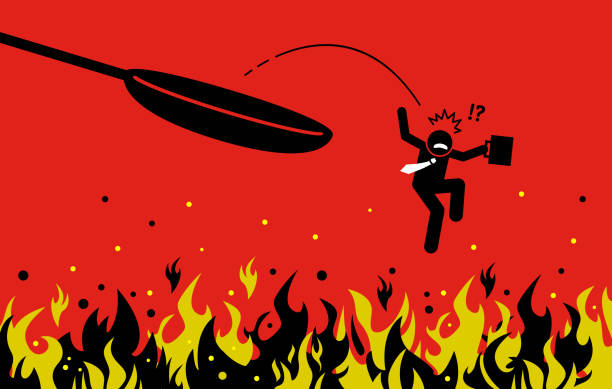Keeping the wolf from the door.
an excerpt from The Terrible Beauty of Brain Surgery:
I sat down in one of the few empty chairs outside and looked at people, speculating about the relationships they had to one another and to the world.
I had always considered my thoughts as something abstract, but they weren’t; they were as material as the heart beating in my chest. The same was true of the mind, the soul, the personality; all of it was fixed in the cells and originated as a result of the various ways in which these cells reacted with one another. All of our systems, too — communism, capitalism, religion, science — they also originated in electrochemical currents flowing through this three-pound lump of flesh encased in the skull.
All of which was saying nothing. It was like examining a stone in the foundation wall to find the answer to the secret of St. Peter’s Basilica.
That was all just a lie, Petrela had said about Albanian Communism.
But what wasn’t?
I had asked Marsh if he believed in God, in a life beyond death. He just shook his head. “This is it,” he said.
We use systems to keep the wolf from the door, I thought. And systems are nothing but vast complexes of notions and concepts. Everything that helps us lose sight of the petty, pathetic and meaningless parts of our own selves. That is the wolf. The awkward, twisted or stupid part of the soul, the grudges and the envy, the hopelessness and the darkness, the childish joy and the unmanageable desire. The wolf is the part of human nature that the systems have no room for, the aspect of reality that our ideas, the firmament that the brain vaults above our lives, cannot fathom. The wolf is the truth.
So why would Marsh want to keep the wolf from the door? Seen from the outside, it seemed that the role of surgeon had provided him with a larger context in which he could excel and rule over life and death, where there was no place for whatever was small and insecure in him. The role of surgeon gave meaning to his life, lifted the meaning outside of himself, into a system — it kept the wolf from the door. At the same time, that role revealed the meaninglessness of it all. Tumors grew randomly, people died randomly, every day, everywhere. You could choose to keep this from sight behind numbers, behind statistics, behind the plastic drapes that made the patients faceless. His greatness was that he didn’t hide the smallness but instead used his insight into it to fight against everything that concealed it, the institutionalization of hospitals, the dehumanization of patients, all the rituals established by the medical profession to create distance and to turn the body into something abstract, general, a part of a system.




